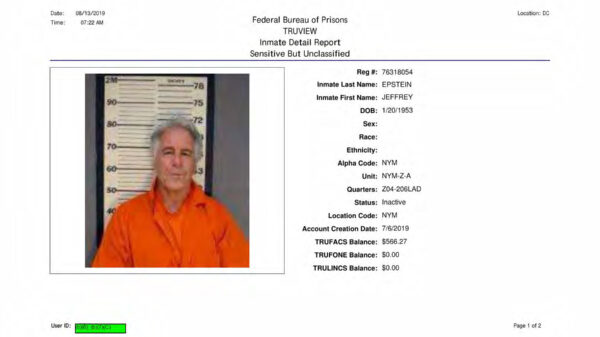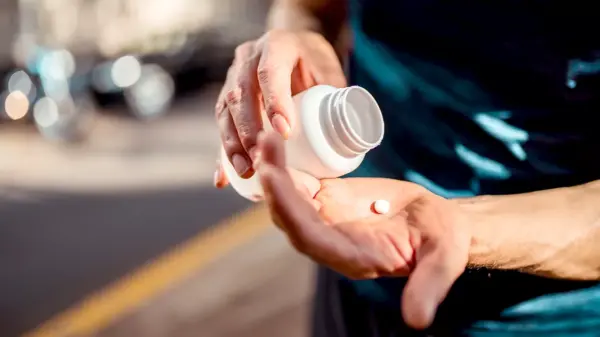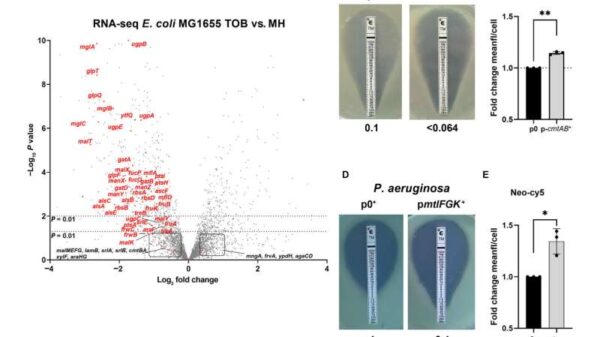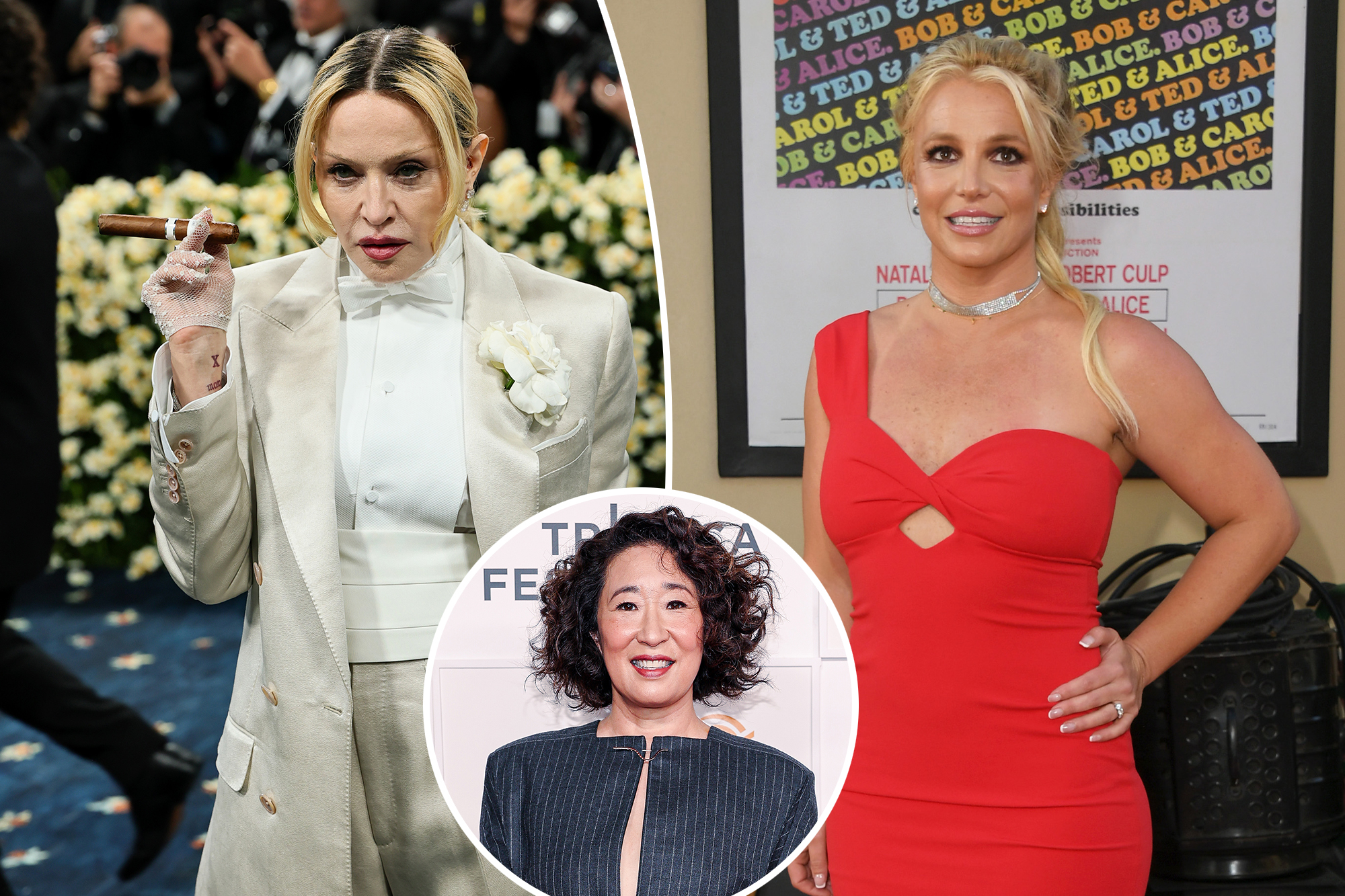A controversial article from Maxim magazine, originally published in 2007, has resurfaced online, igniting widespread criticism for its categorization of women in the entertainment industry. The list, which designated the “Unsexiest Women Alive,” prominently featured actress Sarah Jessica Parker in the top spot, prompting outrage from users across social media platforms.
The article, which resurfaced through a post on Reddit, described Parker as the “least sexy woman in a group of very unsexy women.” The post drew attention to the harsh language used in the Maxim article, stating, “How the hell did this [horse] Barbaro-faced broad manage to be the least sexy woman in a group of very unsexy women and still star on a show with ‘sex’ in the title?” This derogatory labeling has led to a significant backlash, with many internet users expressing disbelief and anger at the magazine’s choices.
Coming in second place was the late singer Amy Winehouse, who was criticized for her appearance during a tumultuous period in her life. The magazine described her as having “openly hemorrhaging translucent skin” and a “rat’s nest mane.” Winehouse tragically died in 2011 from alcohol poisoning. Placing third was actress Sandra Oh, whose supposed “cold bedside manner” was criticized alongside her appearance.
Pop icon Madonna landed in fourth place, with the article making unflattering comparisons to actor Willem Dafoe. Rounding out the list was Britney Spears, who at the time was grappling with personal challenges, including weight gain and media scrutiny. The magazine’s portrayal of Spears included references to her tumultuous personal life, labeling her as “filling chicken-grease-stained sweatpants” in tabloid covers.
The body-shaming nature of the list has drawn condemnation, with many pointing out the unrealistic beauty standards prevalent in the early 2000s. Critics noted that the article served as a harsh reminder of the societal pressures women faced regarding their appearance. One Reddit user remarked, “We don’t talk enough about how ridiculously cruel the 2000s were to women’s bodies.”
Many have highlighted the hypocrisy of the article, asserting that it is often the case that those who judge others do not meet the same beauty standards themselves. “It should be mandatory for anyone who publishes articles like this to post a picture of themselves beside their work,” commented one reader, reflecting a sentiment shared by many.
Even at the time of its publication, the Maxim article faced criticism for being in “shockingly poor taste and stunningly sexist,” as noted by writer Kayleigh Donaldson in Pajiba. She highlighted how the media, including Maxim, engaged in a culture of body-shaming, with select women often targeted as acceptable subjects of ridicule.
In response to the backlash, Sarah Jessica Parker expressed her disbelief at the article in an interview with Grazia magazine. “Am I really the unsexiest woman in the world? Wow! It’s kind of shocking,” she stated. Parker described the ranking as “brutal,” filled with “rage and anger,” underscoring the emotional toll such public shaming can have on individuals.
This resurfacing of a decade-old article serves as a reminder of the ongoing issues surrounding body image, media representation, and the impact of public perception on women in the entertainment industry. The renewed conversation illustrates how societal attitudes towards beauty and self-worth continue to evolve, yet also how remnants of past norms persist in public discourse.




































































